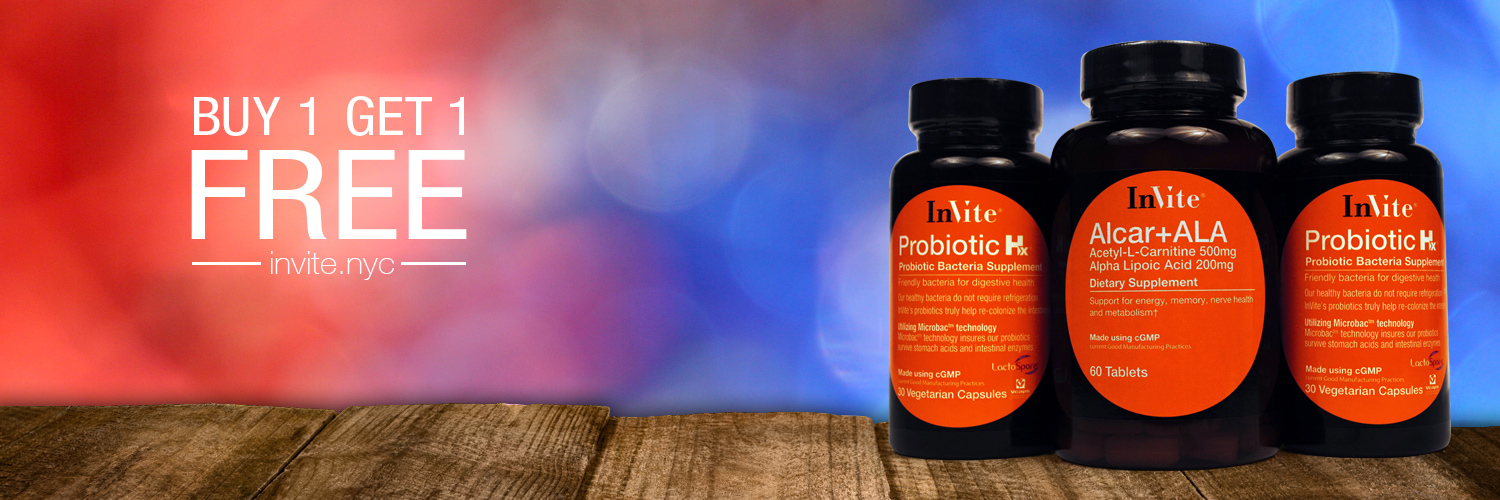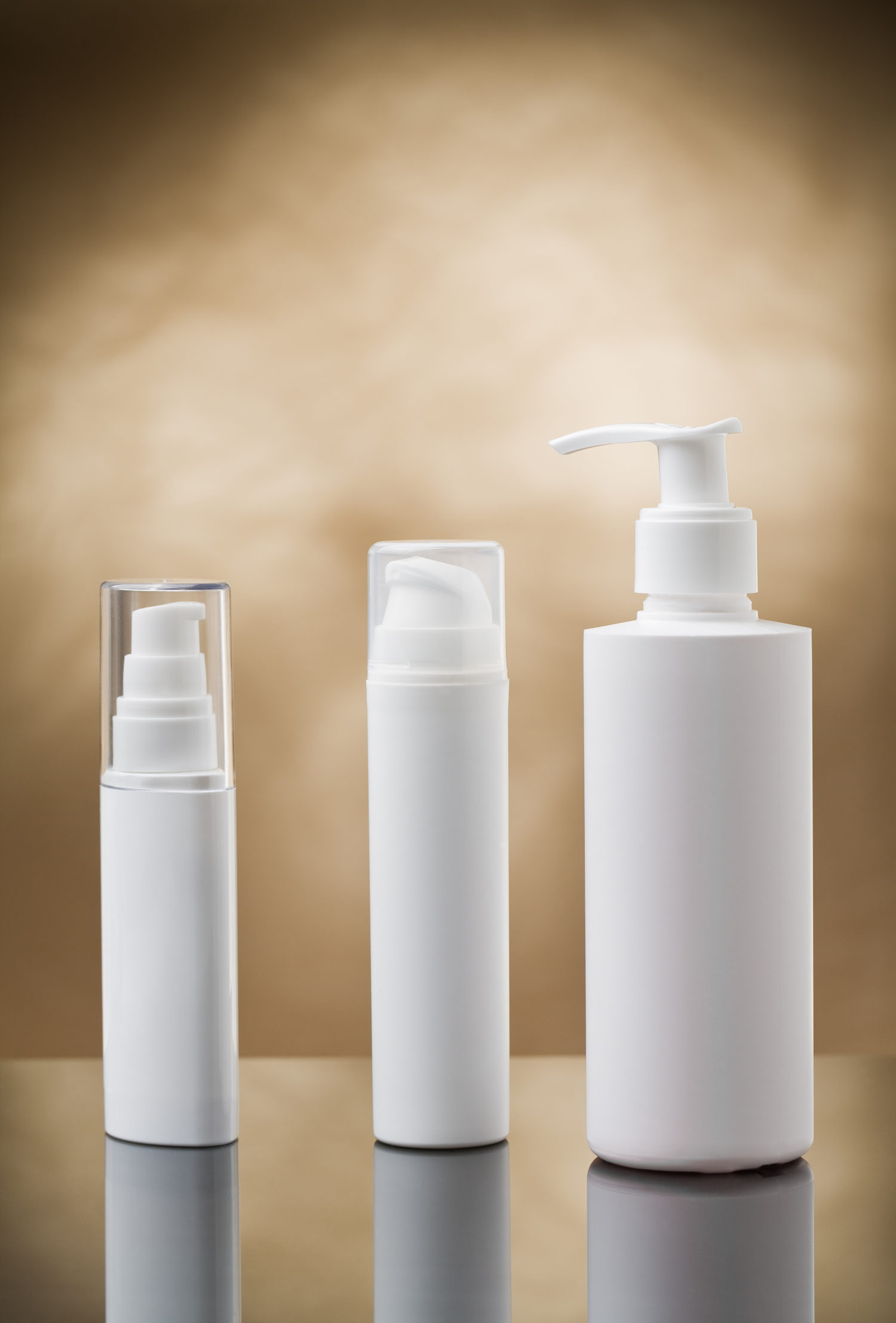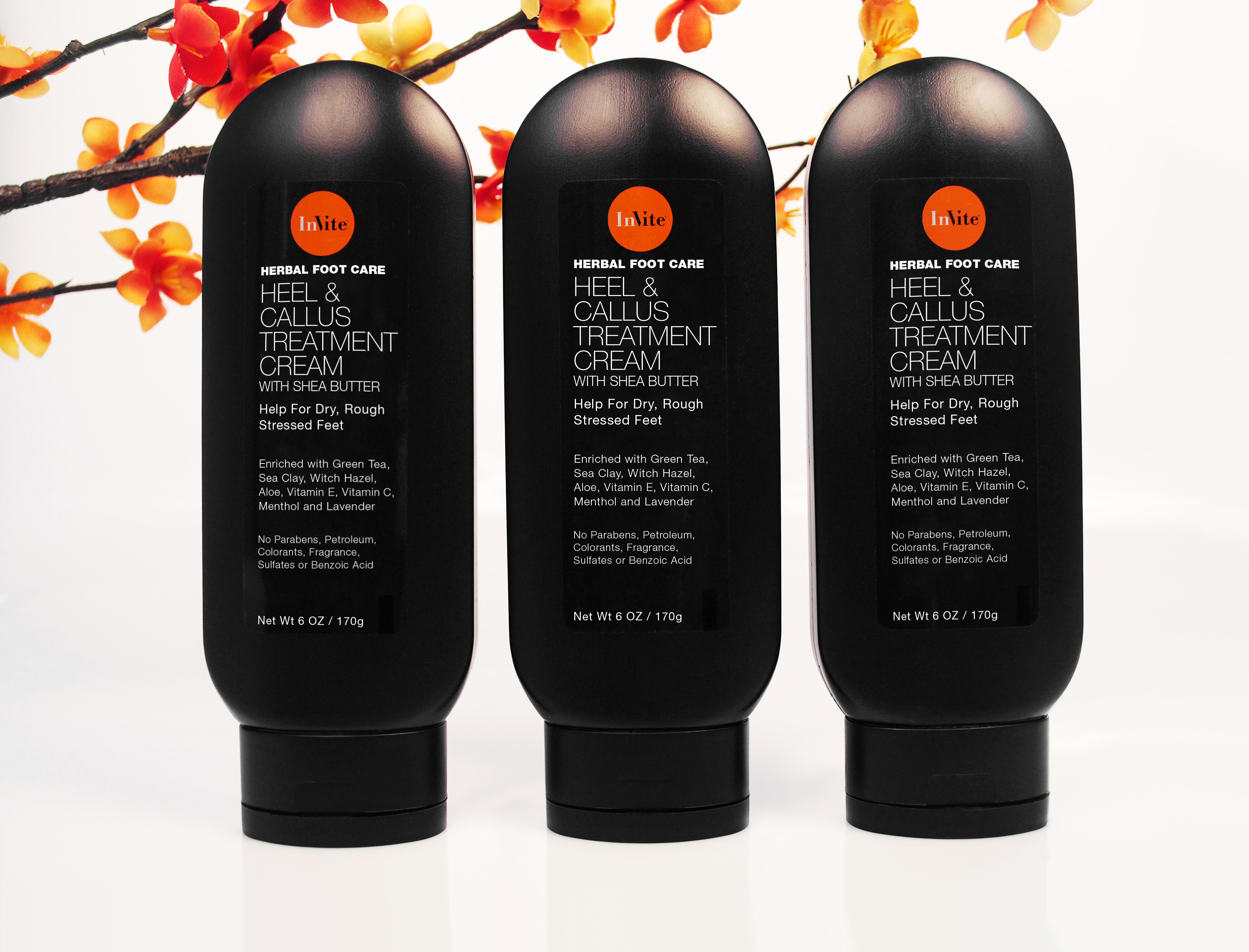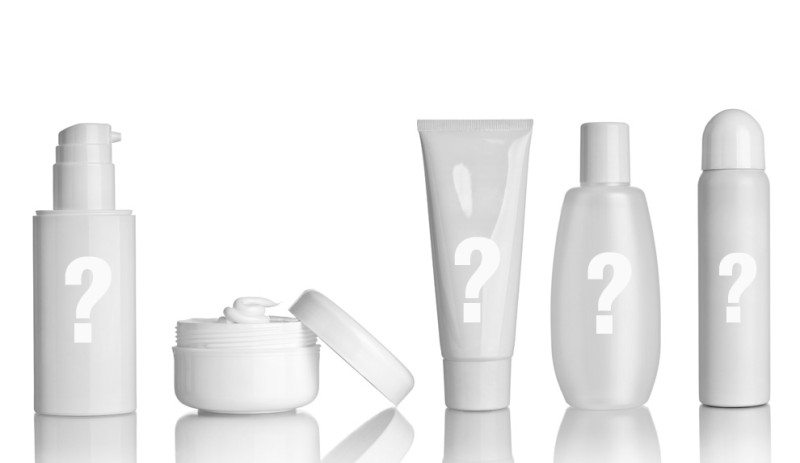 By Mariesette Zeyl, ND
By Mariesette Zeyl, ND
Did you know that we absorb up to 60 percent of what we apply on our skin? Yes, it is true! Anything you are putting on your skin is being absorbed into your body and into your bloodstream. Our skin is the largest organ in our body and it is permeable, meaning it allows liquids or gases to pass through it. It is likely that your daily go-to skincare products are loaded with harmful toxins and chemicals that could be affecting your health negatively. We may not notice immediate reactions to these products, but over time the toxic burden can slowly build up in our bodies. A product that features any ingredients which may irritate or upset the skin has to undergo rigorous quality and safety checks and be in line with regulations before it is able to go to market.
Here are some ingredients to that you should avoid, as they can be detrimental to overall skin health:
BHA (butylated hydroxyanisole) and BHT (butylated hydroxytoluene) are synthetic antioxidants that are commonly used as preservatives in lipstick and moisturizers, among other cosmetics and skin care products. BHA and BHT have been known to cause allergic reactions in the skin.1 The International Agency for Research on Cancer classifies BHA as a possible human carcinogen (cancer-causing).2 According to the European Commission on Endocrine Disruption, BHA can interfere with hormone function,3 which may ultimately affect our growth, development, metabolism, and reproductive function.
Dibutyl phthalate (DBP) is mainly used in nail products as a solvent for dyes and to prevent nail polish from turning brittle. DBP is definitely absorbed through the skin.4 It can also cause genetic mutations.5 And in laboratory experiments, it has been shown to cause developmental defects.6 The European Union categorizes DBP as an endocrine disruptor, as it too also interferes with hormone function.7
Parabens (butylparaben, methylparaben, propylparaben, paraben) are probably the most widely used preservative in the cosmetic industry. About 75-95 percent of cosmetics contain parabens.8 They penetrate the skin easily and can also interfere with hormone function, as they mimic estrogen. In one study, parabens were detected in human breast cancer tissues.9 When they are applied to the skin and absorbed into the body, they bypass the metabolic process and enter the bloodstream and body organs. It is estimated that women are exposed to 50mg per day of parabens from cosmetics.10
Parfum or fragrance usually encompasses a mixture of dozens of chemicals. They are added to perfumes, colognes, deodorants, lotions, laundry detergents, and other skin care products. The list goes on and on! Over 3,000 chemicals are used as fragrances11 that act as irritants and can trigger allergies12 and migraines.13 In addition, a survey found that amongst asthmatics, perfumes or colognes triggered asthma attacks in three out of four individuals.14
Sodium laureth sulfate is a cleansing chemical that makes products bubble and foam, commonly found in shampoos, soaps, facial cleansers and body gel. The International Agency for Research on Cancer has classified this chemical as a possible carcinogen.15 Many have become so accustomed to this foaming action, that they feel as though they aren’t “clean” without it. But, inversely, there is evidence that sulfates can actually cause rashes, irritating our skin, eyes and even our scalp.16
It is clear that these chemicals can be toxic to our health. Instead, look for these natural ingredients in your skin care products:
Vitamin C is commonly referred to as a powerful anti-aging antioxidant. It protects our skin against oxidative stress and damage from the sun. It also increases the moisture content in the outer layer of our skin, which provides more hydration, and ultimately more firmness. Vitamin C stimulates collagen synthesis, which is the main protein and structure of our skin. This should be the ingredient of choice for those who want to combat fine lines, wrinkles, sagging skin, and hyperpigmentation.17
Vitamin A is also known as an anti-aging antioxidant. Numerous studies have shown vitamin A to aid in the improvement of overall appurtenance, roughness, pigmentation, fine and coarse wrinkles and complexion. It also has an effect on collagen synthesis, and increases circulation in the skin layers.18
Aloe Vera gel is extracted from the aloe vera plant and is commonly known as a multitasker for our skin. Aloe vera is great for providing moisture, healing burns, soothing and calming inflammation (namely skin rashes and eczema), and also is known to be protective against radiation damage to the skin.19
Shea Butter comes from the nut of the African shea tree. It is mainly used in creams and lotions. Studies have proven that shea butter has hydrating properties, as well as the ability to soften scars.20 And it also contains properties that may repair and heal atopic dermatitis.21
Mango Butter is extracted from the stone of the fruit and is typically added to balms, creams or lotions. It has natural antiseptic properties and also restores skin elasticity.22 And it smells great, too!
Since we are undoubtedly and unintentionally exposing ourselves internally to a variety of toxins and chemicals, it is important to pay attention to the ingredients listed on products. Rule of thumb: if you can’t pronounce it, then it probably isn’t good for you! The great news is that there are alternatives on the market, including cosmeceuticals and hair care products that are not only safe, but also very effective. Speak to a nutritionist, dermatologist or naturopathic doctor today and make the switch to natural personal care products to further protect your skin’s health and overall well-being.






 By Mariesette Zeyl, ND
By Mariesette Zeyl, ND